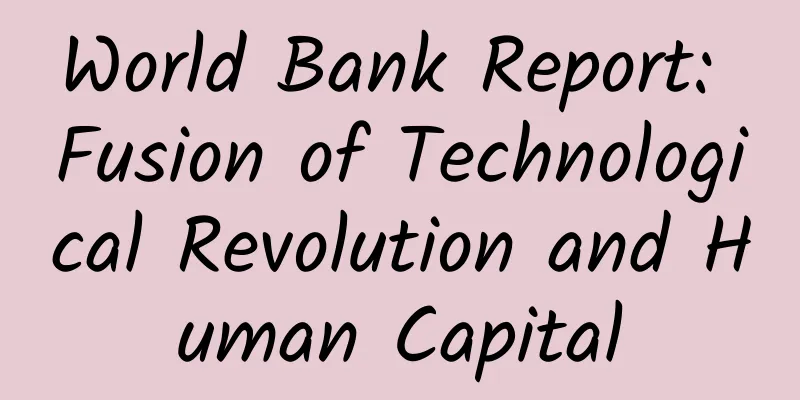World Bank Report: Fusion of Technological Revolution and Human Capital

|
South Asia’s human capital challenges are among the most severe in the world. They include severe child malnutrition, critically inadequate early learning, a persistent burden of infectious diseases, the disempowerment of women, and pervasive structural inequalities. By the end of August 2020, within a few months of the start of the first wave of the pandemic, the region had reported 4.4 million infections and 75,000 deaths. The scale of the direct and indirect impacts was highlighted, with prevention and health services being diverted to fight COVID-19, leading to a deterioration in the health of the most vulnerable groups. In education, widespread school closures in 2020 had already been low before the pandemic. In 2020, South Asia’s lockdown measures in the early months of the pandemic were stricter than in Europe or North America, affecting nearly 400 million children, with a disproportionately negative impact on girls. Preliminary estimates put the loss of income at $4,400 per student, equivalent to 5% of total income. At the same time, the pandemic has led to staggering job losses and disruptions to migration that will have long-term economic consequences. About 50 million jobs were lost in South Asia during the first phase of the pandemic. The top priority for South Asia is to contain the shock to human capital and recover quickly from the pandemic, ensuring rapid progress towards achieving better and more equitable outcomes. In addition, the profound converging technology revolution sweeping the world before the pandemic is transforming the relationship between technology and human capital and complicating it by creating a host of new opportunities to accelerate human capital outcomes while generating new and significant risks. This converging revolution is characterized by the combination of virtual, physical, biological, and cognitive technologies with the power of big data, machine learning, and artificial intelligence (AI). In addition to these positive developments, there are also huge implications for human capital empowerment, as multiple applications and devices are collecting data on individuals and social groups, and artificial intelligence is automatically analyzing data from different sources. The PDF version will be shared on 199IT Knowledge Planet, just scan the QR code below! |
<<: Collins: 2021 Word of the Year Finalist Unit Universe List
>>: Counterattack against Apple: Can smart products save traditional Swiss watches?
Recommend
10 product details analysis to show you how big manufacturers design
As designers, we are dealing with various applica...
Check out the three common explosive points of “screen-sweeping” marketing!
The author reviewed and sorted out nine marketing...
Thanks to Aion S, GAC New Energy has single-handedly raised the electric vehicle range to 500KM
"What does it mean to have a range of 510km ...
How to analyze competitors’ websites when doing Baidu bidding promotion?
Before conducting Baidu bidding promotion on a we...
Tik Tok account blocked? Guide to unblocking TikTok account!
If your Douyin account is banned, how should you ...
Have you discovered the secret to immortality? Longer telomeres = longer lifespan?
Reviewer: Zhang Jianwei Deputy Chief Physician, D...
KOL marketing campaign strategy!
KOL marketing /influencer marketing is a marketin...
TikTok Promotion: The essence of TikTok is revealed in 3,000 words!
In the past two months, readers have been leaving...
New research shows that skipping dinner is good for you. Who is not suitable for this diet?
Recently, it has been widely circulated in the ci...
It looks good, but you can’t touch this kind of jellyfish easily!
Do you know how to do the "Jellyfish Hand Ge...
Altay Mini Program Development Company, how much does it cost to develop a car mini program?
According to industry insiders, mini programs wil...
Zhangping SEO training: What kind of SEO is reliable? Is search engine optimization good?
Although there are many corporate website constru...
23 operational promotion routines to obtain traffic for free!
What is the biggest headache for companies when d...
Does Zhao Gao know a deer?
In recent years, there have been many reversals o...
20 brands tell you the triple realm of brand content marketing in 2016!
Today's society has entered a stage of consum...









